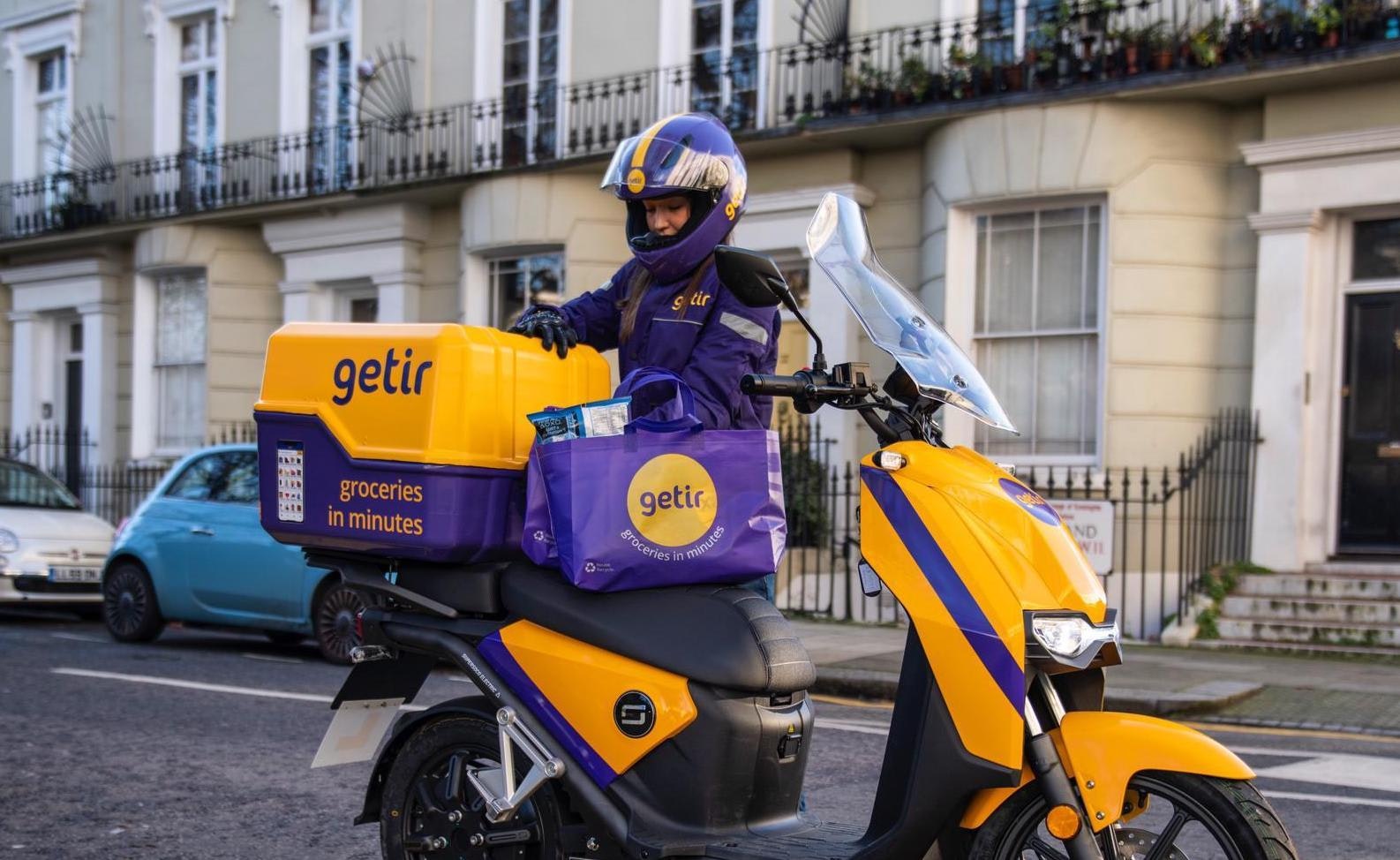Glovo riders and dark store workers go on strike in Barcelona today, demanding improvements to working conditions and higher pay from the Spanish quick delivery startup.
Workers, organised by the CCOO and CGT Riders unions, are calling for better insurance for accidents, maternity and paternity pay, increased hourly rates during times of high-demand or bad weather and the option of employment for any worker that wants it.
The final point has been particularly contentious, as many riders have been left disappointed by Glovo’s response to new Spanish legislation, dubbed the Riders’ Law, which recognised platform workers as employees, rather than self-employed workers.
Glovo reportedly had around 12k couriers in March, but has said it only plans to hire 2k of them as staff by the end of the year. The remaining couriers will be kept on as casual workers, subcontracted via employment agencies.
The rider law is insufficient... It allows companies like Glovo to continue to employ freelancers in precarious conditions.
“The rider law is insufficient,” one representative of CGT Riders told Sifted. “It opens the doors to subcontractors and allows companies like Glovo to continue to employ freelancers in precarious conditions.”
Another courier from the union told Sifted that he and his colleagues earn an hourly rate of €5.30, significantly lower than the €10 per hour average claimed by Glovo’s cofounder Sacha Michaud in an interview last year with Sifted.
Glovo declined Sifted’s invitation to respond directly to the unions’ complaints, but sent the following statement:
“At Glovo, we believe in providing the best possible operations experience for our couriers, partners and users. We have always been committed to engaging in an open dialogue with our couriers, whether it is to discuss better conditions and benefits or improving the experience offered through our platform. This is something we take very seriously and it is an important part of our commitment to them.”
A wave of protests
The Glovo riders’ strike action is the latest in a string of protests against gig economy platforms this year, as workers express their dissatisfaction about precarious work and low pay.
In March, Italian food delivery couriers called a ‘No Delivery Day’ to protest against a lack of holiday pay, sick pay and severance pay.
In April, UK-based Deliveroo riders took to the streets to protest against low pay and working conditions.
In June, Bolt drivers in the UK protested to demand worker status, an end to unfair dismissals and an extra £2 fee per mile, while Gorillas riders also went on strike over dismissal policies.
Earlier this month, Lithuanian couriers staged a protest against Wolt, in complaint against the company’s changes to compensation policy. And this week, Yodel lorry drivers are voting on industrial action, after the UK’s GMB Union failed to reach an agreement with the company over pay and working conditions.
These protests come amid a growing backlash to gig economy work, as European courts and governments continue to rule that platform workers should be afforded the securities that come with full employment. Alternatives to delivery startups’ high-growth model are also starting to appear. This month, rider-owned food delivery cooperative Wings launched in London, joining a growing crop of worker-owned courier platforms taking on VC-backed startups.
Workers’ protests do seem to be making an impact on parts of the platform economy. Just Eat has ended gig economy work, while new ‘quick’ commerce startups like Zapp, Getir and Weezy are offering their couriers employment benefits like pension contributions and holiday pay.
But while the sands might be shifting in Europe for gig economy workers, Glovo’s riders who are striking today still believe they have a long fight ahead of them.



